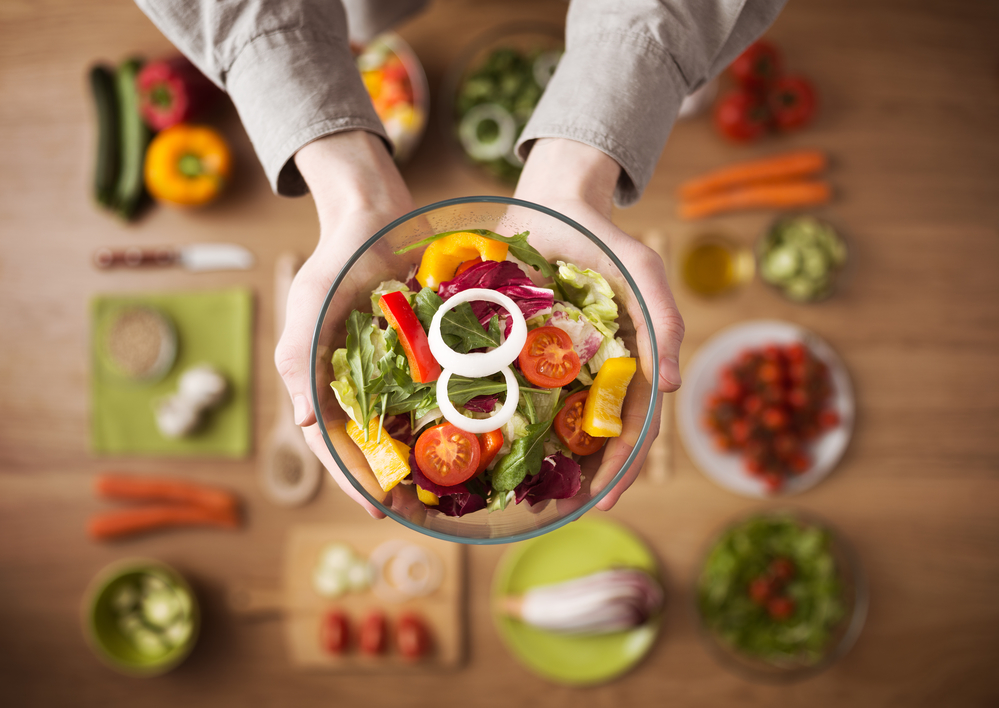
English translation of an article by Margarita Soberón, CST-D and Rosario Villareal
The report on Obesity and Overweight of the World Health Organization (WHO) of October 2017, refers to the problem that the increase in the obesity rate in the world is representing, which has tripled from 1975 to 2017. (1)
As this report indicates, the issue of obesity worldwide is already an issue that has been drawing the attention of the WHO for years, and we, as psychotherapists who work with the body/mind/spirit relationship, have come across an increasing number of people who come to us presenting two types of problems: that of people who really have a level of fat or overweight that is having negative consequences on an emotional and physical level; the second type is that of people who, even when they are at their healthy weight, have a conflictive relationship with their image, their body and therefore with themselves.
In the aforementioned report, the WHO proposes as a fundamental cause of overweight and obesity that "it is an energy imbalance between calories consumed and expended".(2)
The significant number of people who come to us with these issues made us question and reflect on the issue, but from a more comprehensive perspective that includes the psychic, emotional and spiritual conflict that such a situation implies and not nothing else. The strictly nutritional aspect, much less reduce it to a caloric intake/expenditure issue.
Our proposal is that to the extent that a person is happy with himself and in contact with his center or with his inner wisdom, his body will be able to metabolize both his life experiences and food ... metabolizing means, being able to digest, have your immune system in good condition, and only assimilate what nourishes you, letting go of what you don't need. We could summarize this with the phrase: "personal power equals metabolic power." It is important to emphasize that we are talking about all areas of the human being: emotions, work situations and relationships are metabolized, as much as what is ingested in terms of food is metabolized.(3)
We consider that each person has a unique relationship with their body and with food, and in this relationship, their desires, fears, frustrations, and everything that makes them up as a human being are manifesting. Therefore, it is essential that this relationship is HONORED, RESPECTED, AND NOURISHED.
Since the concept of relationship is very important within our approach, we want to clarify that a relationship, for us, is a bond that is established with a person, with an entity, or with an object, and it is essential to become aware of how I tend to relate: from love, deep connection, learning, etc, or from competence, attachment, need, compulsion...
What we propose is that when the relationship with the body or with food becomes a problem, this is a symptom, which can be used as a gateway to personal knowledge. It is a wake-up call, even a cry for help, that is asking each person to go to that unknown place within themselves to ask deeper questions and find broader and at the same time more intimate answers. From this perspective, the relationship with food and with the body is a Master.
We have seen that when patients experience being overweight, binge eating, poor digestion, impaired self-image as A PROBLEM TO BE ATTACKED, they miss out on so many lessons, opportunities for growth, and even gifts of their inner wisdom.
Seeing the symptom as a Teacher takes people to a world of possibilities for learning and growth, to an inner classroom that will allow them to learn things as diverse as:
- Better stress management
- Treat themselves with more gentleness
- Love their imperfections and their small limitations
- Recognize and value their own greatness
- Forgive themselves and forgive others
- Recognize that there are foods that they may like for their taste, but not for the effect on their health, etc.
Every illness and every difficulty with food or with the body has its own light and wisdom. What is seen as a stumbling block is an invitation to look more deeply and identify that light, which each person possesses.
Food is a very powerful and profound symbolic substitute and our goal is to help our patients learn to read and accept that symbol for what it is. The goal is for them to achieve a better relationship with themselves, with their body, and with food without fear, without judgment, and without guilt.
Citations:
- WHO. Report on Obesity and Overweight. October 2017.
- IBID
- David, Marc. PassimQuiet
Bibliography:
- DAVID, Marc. The Diet. Digital book. 2015
- DAVID, Marc. Nourishing Wisdom: a new understanding of eating. Bell Tower, 1991
- GABRIEL, Jon. The Gabriel Method. Ed Urano, 2011
- WHO, Report on Obesity and Overweight. October 2017.
